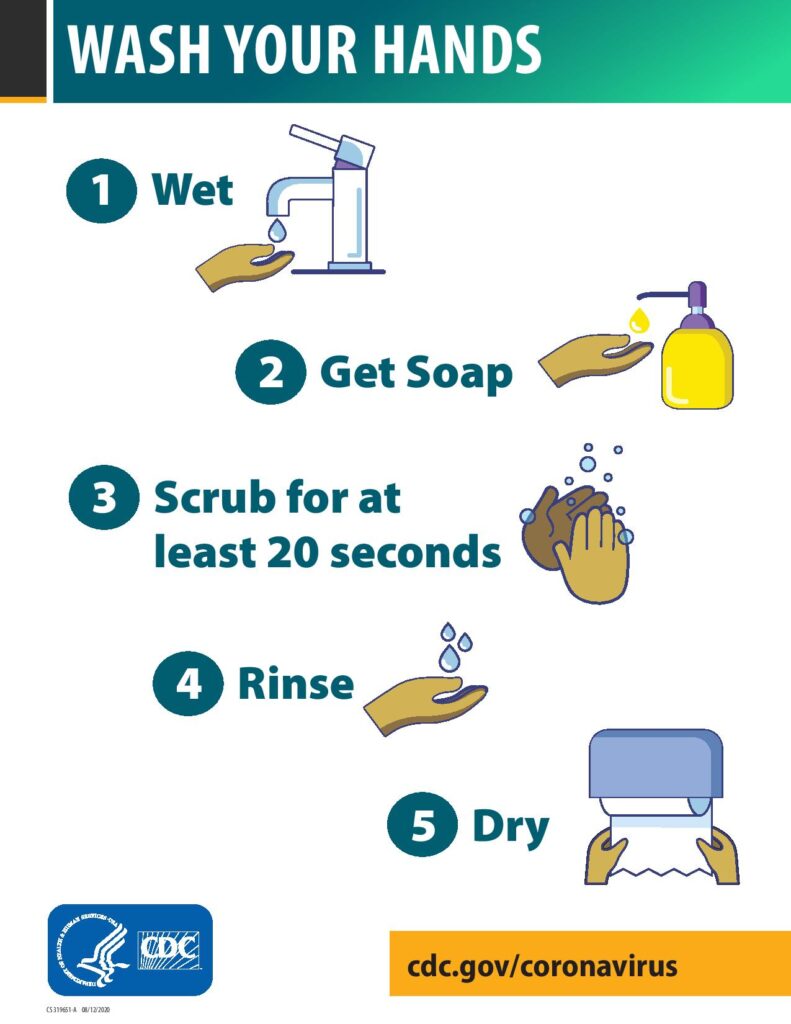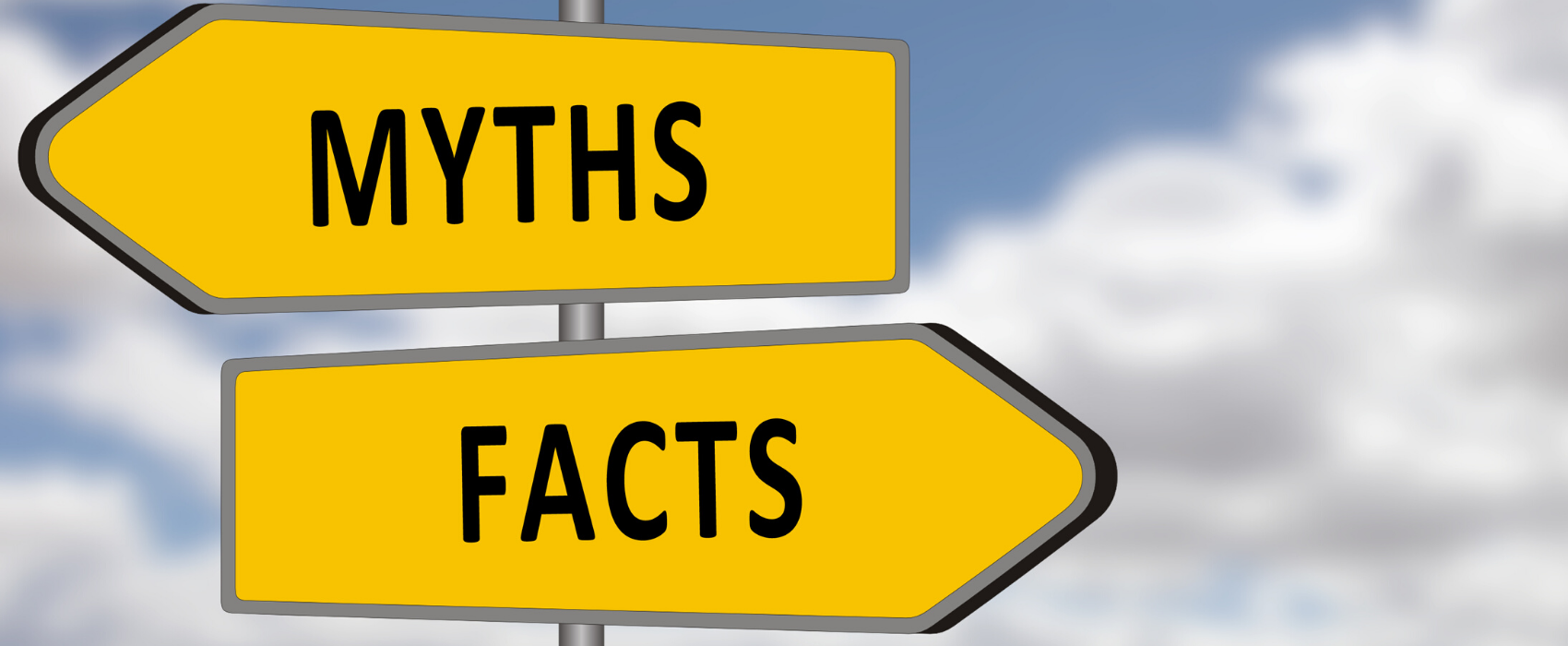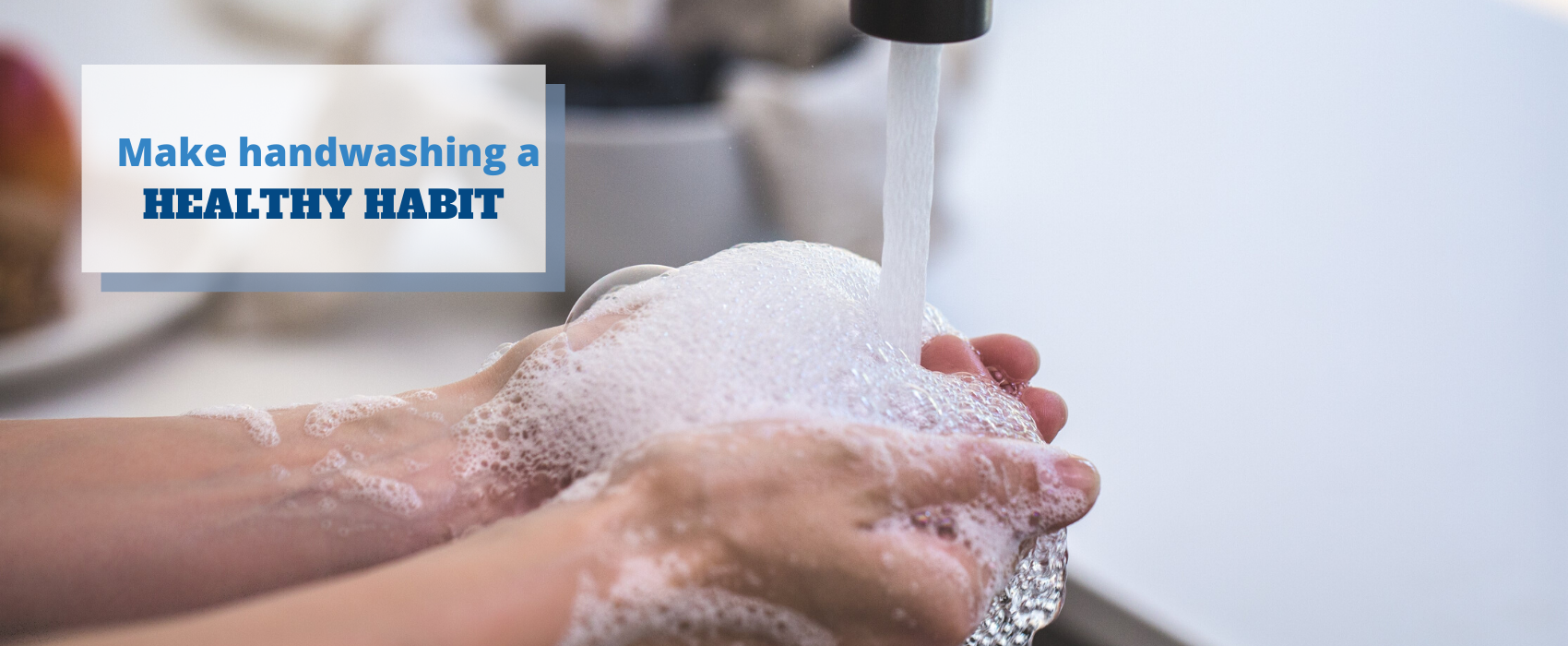Practicing hand hygiene is a simple yet effective way to prevent infections and illnesses like COVID-19. Cleaning your hands is the single most important way to protect yourself and your family from getting sick and spreading illness to others. It can prevent the spread pf germs, including those that are resistant to antibiotics are are becoming difficult, if not impossible, to teat.

Learn when and how you should wash your hands to stay healthy below and how to properly wash your hands with the step by step image to the left.
When should you was your hands?
- Before during and after preparing food
- Before eating food
- Before and after caring from someone who is sick
- Before and after treating a cut or wound
- After using the restroom
- After changing diapers or cleaning a child who has used the restroom
- After blowing your nose, coughing, or sneezing
- After touching an animal, animal feed, or animal waste
- After touching garbage
When should you was your hands to prevent COVID-19?
- After blowing your nose, coughing, or sneezing
- After being in a public place
- Before and after caring for someone who is sick

Your hands can spread germs.
FACT
- Make sure you and your visitors are cleaning your hands as well.
Alcohol-based hand sanitizers kill most of the bad germs that make you sick.
FACT
- Your hands have good germs on them that your body needs to stay healthy. Your hands can also have bad germs on them that make you sick. Alcohol-based hand sanitizers kill the good and bad germs, but the good germs quickly come back on your hands.
Alcohol-based hand sanitizers does not create antibiotic-resistant superbugs.
FACT
- Alcohol-based hand sanitizers kill germs quickly and in a different way than antibiotics. Using alcohol-based hand sanitizers to clean your hands does not cause antibiotic resistance.


